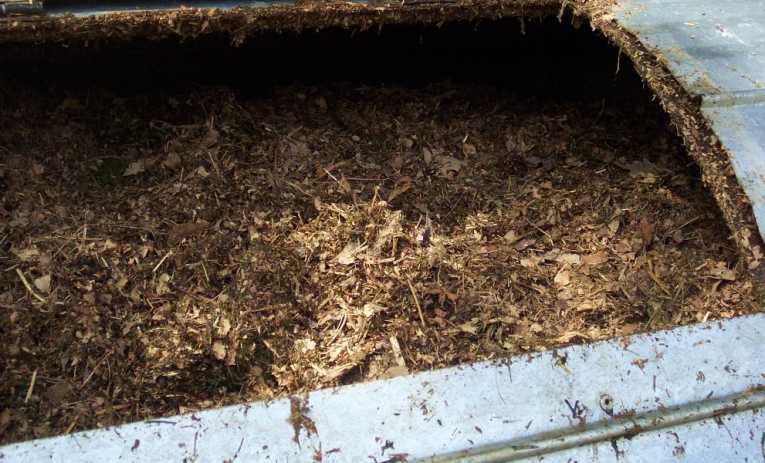So You've Been Told… Back in grade school, composting was often one of the topics that came up in Science class - especially when recycling was the main point of discussion. The importance of composting has grown in public consciousness in recent years, as it is eco-friendly, and a safe way to make gardens flourish with beautiful veggies and healthy, flavorful fruits. The many reasons why composting is so essential are more deeply understood these days, in part because of the many issues that are going on around the globe with our environment.
In short, composting is simply the process of turning organic matter that is ready for disposal into something beneficial. Basically, organic materials like vegetable matter, eggshells, coffee grinds, tea bags (anything that is not animal-based) is placed in a suitable container or pile to decompose. Over time, these materials turn into a rich form of soil that is absolutely chock-full of vitamins and can help you grow amazing plants in any space. Amazingly, compost can also have the power to ward off harmful pests.
Anything that is organic and not animal based is a viable candidate for composting. This includes paper products, trimmed grasses, twigs and/or leaves from your lawn and garden, as well as a wide variety of food waste and debris. In order to stay organic, be sure everything you compost is also free of toxic chemicals.
Incorporating vitamin-rich earth from a compost pile into the soil of a garden can make the plants unbelievably healthy and flavorful. Healthy fruits and vegetables translate into healthy food on the dining table. And healthy food intake has been shown to go hand in hand with healthy human beings living a happy life.
By composting, you can also help to reduce the amount of waste that is being directed into our landfills. This means a reduction of concentrated, toxic leachates and methane gas that is being released into the atmosphere, which equates to a decrease in overall pollution. Composting also cuts down on the usage of chemical fertilizers, which are harmful to our water supply.
In addition, composting can save money not only for a household, but it can also help to balance a city's – and eventually a country's - budget. For example, simply by composting, a household can trim down its budget by growing chemical-free fruits and vegetables, while eliminating the need to spend money on chemical fertilizers. Less garbage being sent to landfill also means a reduction in waste management costs for your city, and eventually for the entire country.
For the more serious farmer, composting can also generate income. Organically grown fruits and vegetables are in high demand in virtually every marketplace, which can make growing and selling organic produce a lucrative source of income. Also, according to the U.S. Environmental Protection Agency, one ton of high-grade compost can earn as much as $100.00. That's literally making cash out of trash!
href="https://earthtimes.org/environment/eco-friendly/index.html">Eco-Friendly / Gardening









